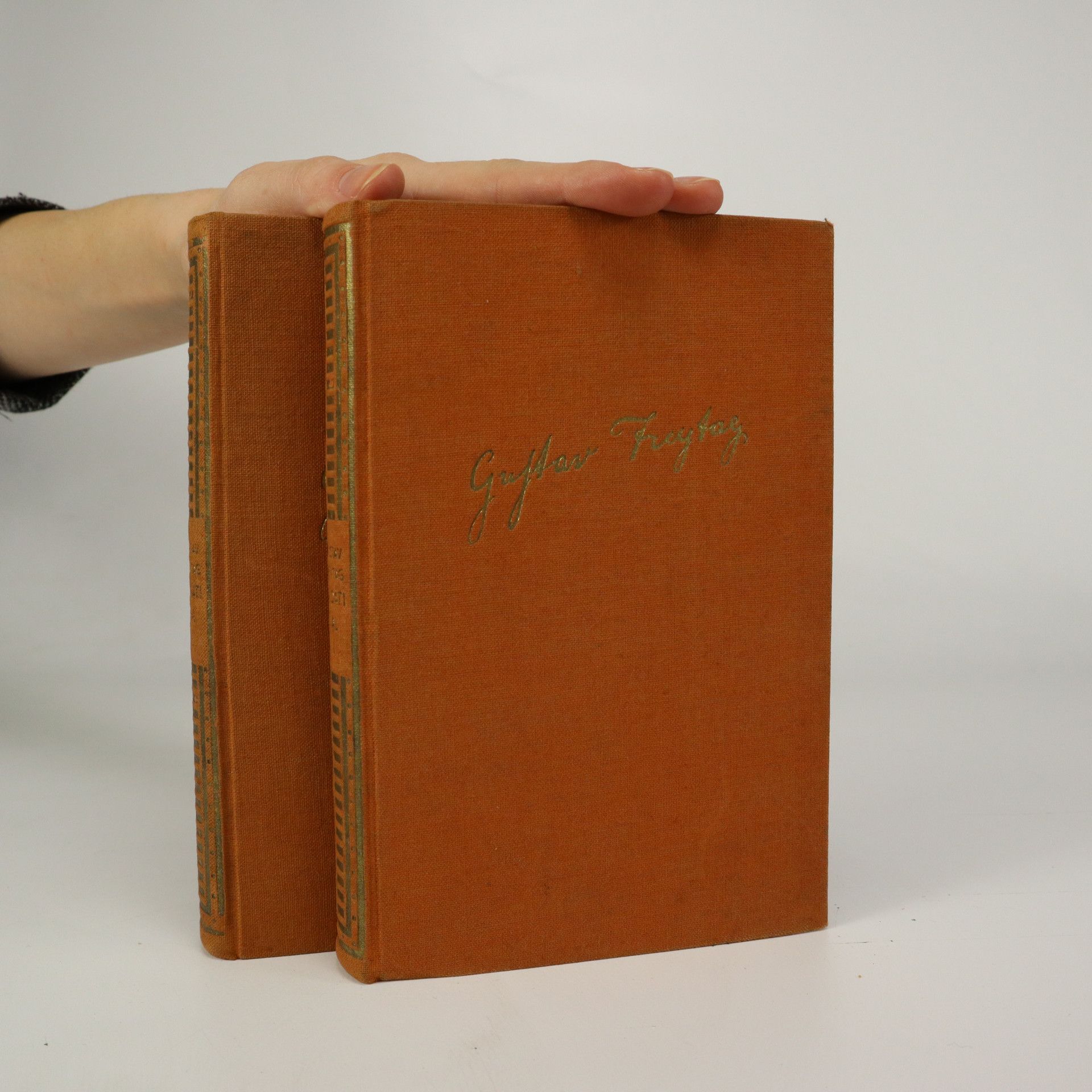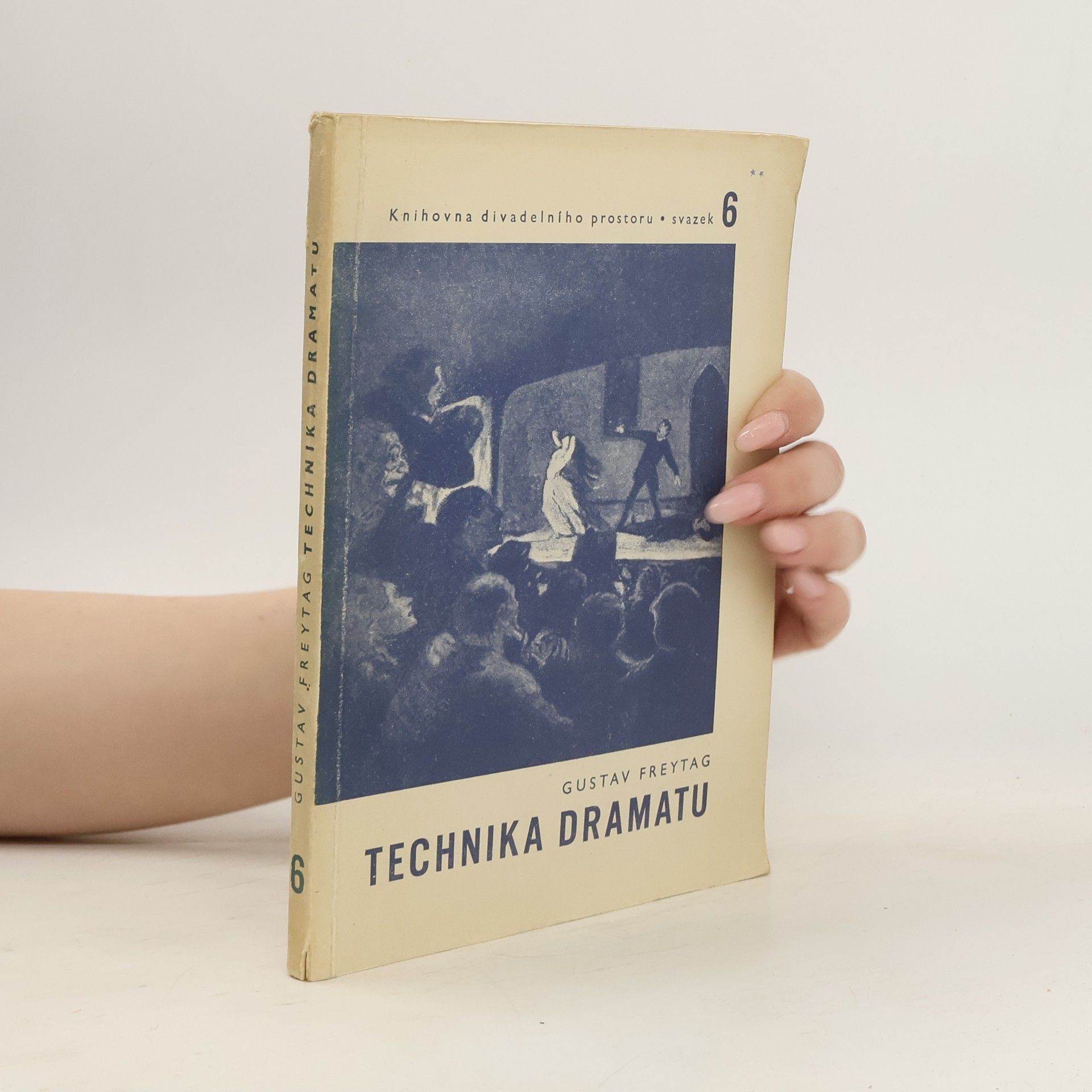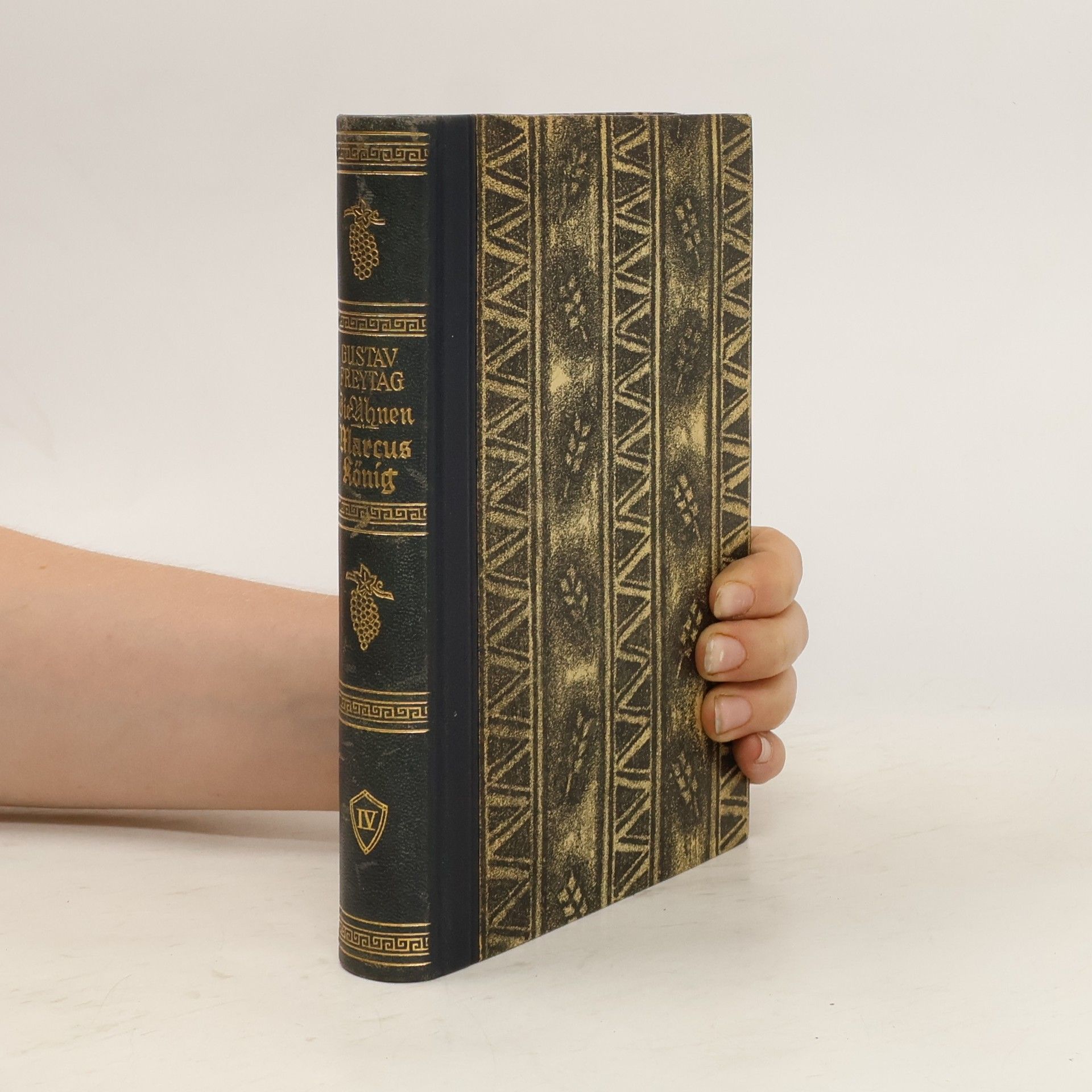V knize Die Technik des Dramas (Technickém dramatu) analyzoval klasické drama a snažil se o aplikaci aristotelských zásad na dramatiku.
Gustav Freytag Knihy
Gustav Freytag sa preslávil ako nemecký dramatik a prozaik, ktorého diela formovali nemecké divadlo 19. storočia. Jeho hry vynikajú premyslenou štruktúrou a majstrovským rozvojom deja, čo dokazuje aj jeho slávny dramatický model. Freytag sa zameriaval na komédie aj drámy, často s historickými námetmi, a jeho prístup k písaniu ovplyvnil celú generáciu. Jeho literárny odkaz spočíva v precíznom spracovaní dramatickej formy a hlbokom porozumení ľudskej povahe.







Má dáti. Dal. 1.-2. díl.
- 2 zväzky
Má dáti-dal I.+II.
- 2 zväzky
Debit And Credit
- 546 stránok
- 20 hodin čítania
Set in mid-19th century Germany, the narrative follows Anton Wohlfart, an ambitious young man embarking on a career in finance. As he climbs the professional ladder, Anton grapples with ethical dilemmas and personal choices, reflecting the tension between traditional values and the emerging commercial age. The story intricately weaves themes of ambition, morality, and societal expectations, offering a rich exploration of human nature and the complexities of success. Freytag's detailed portrayal provides insight into the characters and society of the time, making it a thought-provoking literary work.
Ingo
- 330 stránok
- 12 hodin čítania
Culturally significant, this reproduction preserves the integrity of the original artifact, including copyright references and library stamps. It serves as an important resource for understanding the foundations of civilization, reflecting the historical context in which it was created. This work highlights the value of maintaining access to original texts for scholarly study and appreciation.
Das Nest Der Zaunkönige
- 314 stránok
- 11 hodin čítania
This book is a reproduction of a pre-1923 publication and may contain imperfections like missing pages or poor images. Despite these flaws, it is considered culturally important, and efforts have been made to preserve it for future readers. Your understanding of these imperfections is appreciated.
The Journalists
- 164 stránok
- 6 hodin čítania
Set in the vibrant world of journalism, this comedy explores the dynamics of the press and its impact on society. Written by Gustav Freytag, a pivotal figure in modern literature, the play showcases his mastery of the "well-made play" structure. First performed in 1853, it offers a humorous yet insightful commentary on the role of journalists, making it a significant contribution to theatrical literature.
